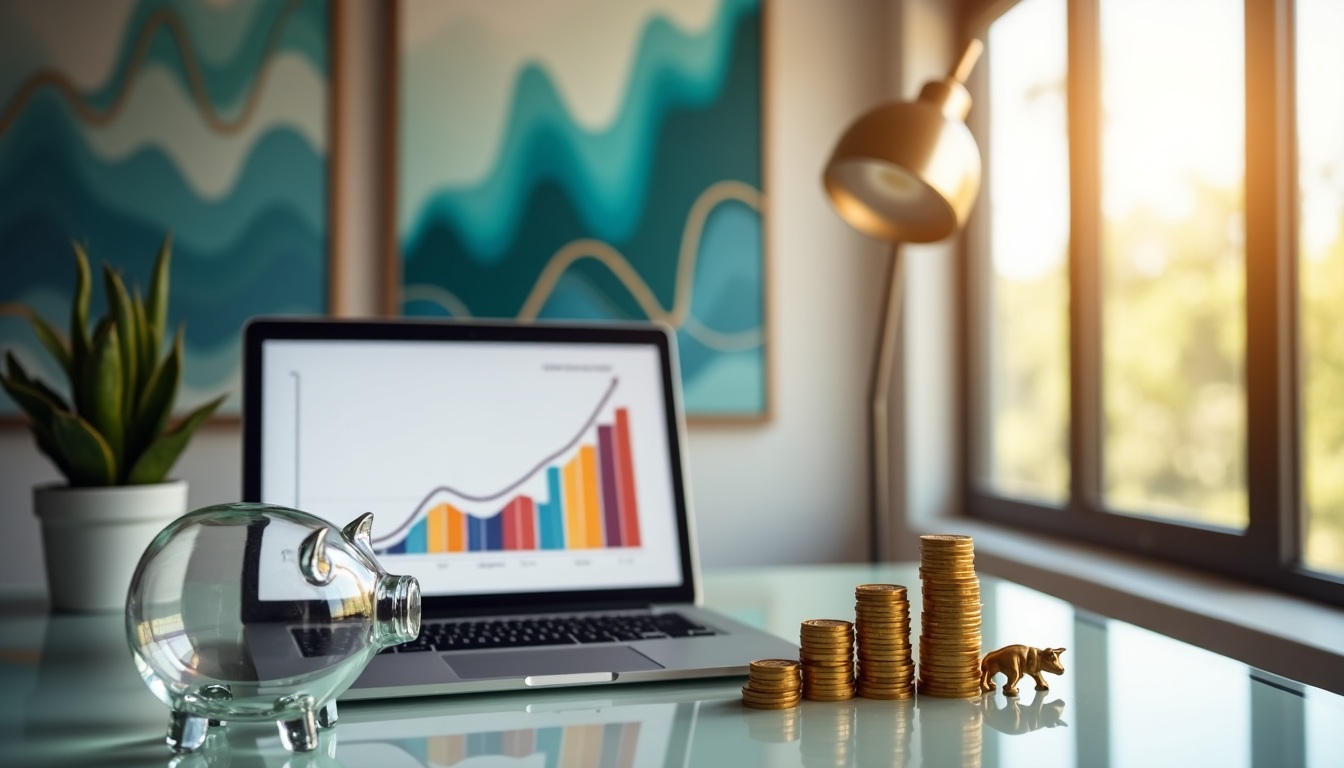With 2025 in full swing, the investment landscape is anything but predictable. Between shifting interest rates, global market uncertainty, and a tech sector that’s always three headlines ahead of itself, making smart financial moves this year requires a blend of strategy and guts. But here’s the good news—if you’re reading this, you’re already doing the most important thing: staying informed.
So where should smart investors be looking in 2025? Whether you’re managing a tight portfolio or sitting on capital and wondering where to put it to work, here, we break down some intelligent moves you can make right now.
Investment Planning the First Thing You Should Tackle in 2025
Before throwing money into the next big trend, successful investors know to take a step back and look at the full picture. That’s where investment planning comes into play—and in 2025, it’s more relevant than ever. With market swings becoming more common and long-term goals needing tighter alignment, having a clear plan means you’re not just investing reactively—you’re investing purposefully.
Using modern tools, like SIP calculators, investors can now simulate different contribution scenarios, test risk tolerances, and project outcomes based on various market conditions. This kind of planning doesn’t just set financial goals—it connects them to real-time market data and your personal financial habits. Investment planning puts discipline front and center, allowing you to move past guesswork and into smarter asset allocation.
Find the Best Private Investment Opportunities in 2025
For those ready to move beyond traditional exchanges, 2025 offers something particularly exciting: access to high-growth companies before they go public. Tapping into a private stock marketplace has become a standout opportunity for investors seeking equity in startups and maturing private businesses long before they hit the IPO stage.
These marketplaces offer early access to sectors like clean energy, AI, biotech, and fintech—spaces where innovation is happening fast and returns can be significant. What sets the private stock marketplace apart is its ability to connect individual investors with vetted, late-stage companies that are often backed by institutional funding. That means you’re not just gambling on a startup idea—you’re buying into businesses with traction, revenue, and growth potential.
The real advantage in 2025 is that these marketplaces are becoming more user-friendly, transparent, and accessible to qualified investors who previously would’ve been locked out. And with pre-IPO investing now part of more diversified strategies, tracking performance has gotten easier too.
The Role of Artificial Intelligence in Investment Strategy
You don’t have to be a tech investor to benefit from artificial intelligence in 2025. AI is now part of how investors gather insights, evaluate portfolios, and even make trades. From robo-advisors to algorithmic forecasting, AI is quietly becoming one of the most powerful tools in the investor toolkit.
Where smart investors gain an edge is how they use AI—not to replace human judgment, but to inform it. AI can crunch decades of market data, simulate economic scenarios, and detect patterns humans would miss. For those who use these tools wisely, the result is faster analysis, better timing, and stronger diversification.
The investment move here isn’t to invest in AI itself—although that can be a smart bet, too—but to use AI-powered platforms to optimize your decision-making. Whether you’re rebalancing your portfolio or analyzing new sectors, automation and machine learning can save you time while sharpening your instincts.
Benefit From the Rise of Sustainable Investing in 2025
Sustainable investing used to be about moral alignment. In 2025, it’s also about performance. Companies with strong ESG (Environmental, Social, and Governance) metrics are proving to be more resilient, more innovative, and in many cases, more profitable than their less-sustainable peers.
Investors are no longer choosing between doing well and doing good—they’re doing both. Whether you’re interested in climate tech, ethical labor practices, or boardroom diversity, there are funds and direct investment opportunities that match your values and financial goals.
The smart move here is to evaluate ESG portfolios not just on their label but on their actual holdings. Some funds market themselves as sustainable while holding companies that don’t fully match the ethos. Real due diligence—paired with tools that rate sustainability metrics—can help you invest with both impact and insight.
Tracking these investments also requires a slightly different lens. Performance is still king, but ESG investors also track corporate disclosures, community engagement, and sustainability reporting to stay aligned with their principles. In 2025, sustainability isn’t just a trend—it’s a strategy.
Keep an eye for more latest news & updates on Internal Insider!










